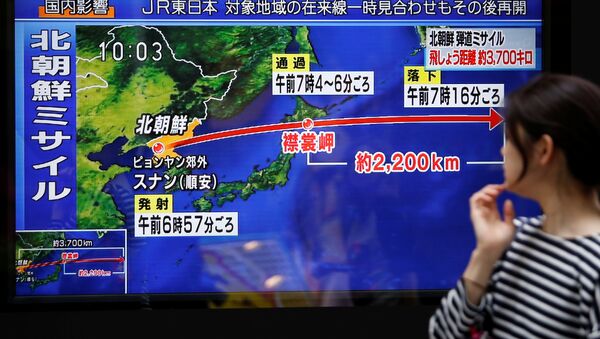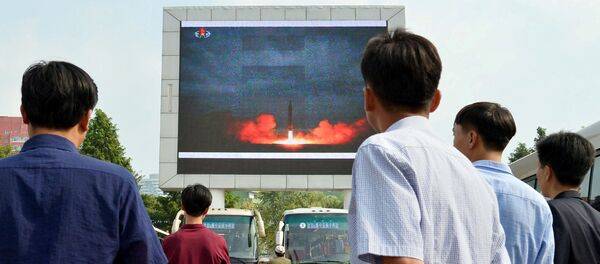"It [denuclearization] is technically possible, but probably not going to happen," Coats said at the Aspen Security Forum on Thursday when asked if Pyongyang could achieve this objective within 12 months.
Coats referred to US Secretary of State Mike Pompeo who has previously said the complete destruction of North Korea's nuclear arsenal will take a long time.
US media reported earlier in July that Pyongyang is continuing to develop its nuclear program and trying to deceive the United States about its denuclearization efforts.
The official added that the United States continues to have China's and Russia's support in terms of keeping sanctions on Pyongyang, because both countries see the danger of North Korea being a nuclear power.
Meanwhile, US State Department spokesperson Heather Nauert said Thursday that US Deputy Secretary of State John Sullivan has told Chinese Envoy Cui Tiankai that the Trump administration remains totally committed to achieving the complete nuclear disarmament of North Korea.
"Deputy Secretary Sullivan also reaffirmed US commitment to the final, fully verified denuclearization of the DPRK [North Korea], as agreed to by Chairman Kim [Jong Un] in Singapore," Nauert said on Thursday.
At the historic June 12 meeting in Singapore, US President Donald Trump and North Korean leader Kim Jong-un reached an agreement that required Pyongyang to denuclearize in exchange for a freeze on the US-South Korean military drills and eventual sanctions relief.
The two leaders signed a document, which, among other issues, stipulated the recovery of the remains of prisoners of war and soldiers who went missing in action.




